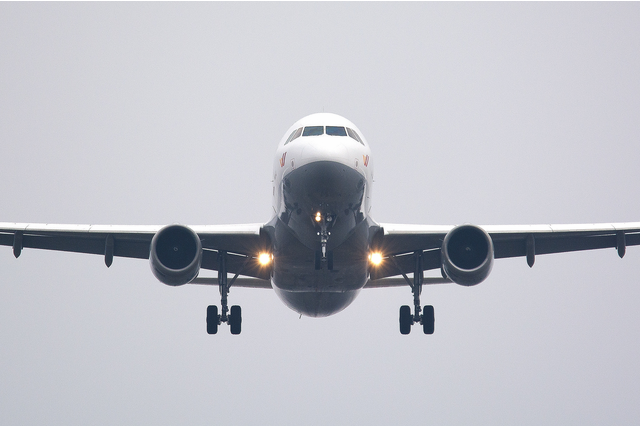Sulaimaniyah – Nearly a week ago, Iraqi Kurd Barham Hama Ali found himself in the unimaginable position of being aboard a deportation flight set to take off for Kigali, thousands of miles from home.
The 25-year-old was among a handful of asylum seekers who were due to be the first of many sent from the United Kingdom under a controversial resettlement deal with Rwanda.
“We were seven migrants, each one of us was escorted by four guards,” Ali said. “They put us on the plane by force.”
“We were all crying. We faced psychological and physical pain,” he said.
But he and his fellow passengers got a reprieve when the flight was cancelled at the 11th hour, thanks to an “urgent interim” ruling by the European Court of Human Rights.
Like thousands of Kurds, Syrians, Afghans and others fleeing war-torn or impoverished homes, Ali had arrived in Britain from France in the spring.
ALSO READ | UK slams European court ruling on Rwanda as ‘politically motivated’
“The economic situation is bad and unemployment is rampant” in northern Iraq’s autonomous Kurdistan region, he told AFP in a phone interview from a detention centre outside London.
He said he was also fleeing “attacks by foreign forces” namely Turkey, which has launched successive offensives in the Kurdistan region targeting insurgents from the Kurdistan Workers Party (PKK), at times causing civilian casualties.
He left his small town of Sayyed Sadiq, “taking many risks” by trekking north to Turkey, then making his way to France and the UK.
“I spent about $15 000 on my trip,” he said.
But the journey would prove to be only the first of his hardships. Once he arrived on May 23, British authorities placed him in a camp.
“I stayed there for two days, after which they… asked us to appoint a lawyer with whom to discuss our situation and the issue of asylum,” Ali said.
He was later transferred to Colnbrook migrant detention centre, close to Heathrow Airport.
ALSO READ | Rwanda says ‘not deterred’ after UK asylum seeker flight cancelled
‘Demand to stay’
Early this month, he was handed “a ticket to Rwanda”, unwittingly becoming one of the first contingent of irregular migrants that the government of Prime Minister Boris Johnson is seeking to send to the tiny East African country.
The deal between London and Kigali has drawn sharp criticism from rights groups, the UN refugee agency and church leaders in England.
Rwanda, which suffered a genocide in 1994, has won praise for rapid economic development in recent decades. But the government has also repeatedly been accused by rights groups of widespread abuses, extending to targeting exiled dissidents.
Rwanda insists that it is a safe country for migrants.
On June 14, Ali was aboard the Rwanda-bound plane with six other migrants at a UK military base, when the European court order arrived and the “voyage was cancelled”.
“Aside from me, there was another Kurd from Sulaimaniyah (in Iraqi Kurdistan), two Iranian Kurds, one Iranian, one Vietnamese and one Albanian,” he recounted.
ALSO READ | UN accuses UK over Rwanda asylum flights in court battle
The migrants were returned to Colnbrook, where Ali remains.
UK Home Secretary Priti Patel later slammed the ECHR ruling as “politically motivated” and vowed to introduce legislation to override some of the court’s orders.
Nearly a week after the planned flight, Ali said he demands “to stay in Great Britain”.
“We asked for asylum in the United Kingdom because our lives were not safe, and yet they want to send us to a country destroyed by conflict,” he said.
“I fear it will all end with a decision to send us to Rwanda” after all, he added, noting that such a move “spells death” for his family’s hopes of making a viable living.
Follow African Insider on Facebook, Twitter and Instagram
Picture: Pexels
Source: AFP
For more Africa news, visit Africaninsider.com


